
Oct 12 , 2024
By Kenneth Rogoff
As African countries grapple with unsustainable debt burdens, restructuring negotiations with Western governments and multilateral institutions such as the International Monetary Fund (IMF) have stalled.
While forgiveness is essential, it is important to bear in mind that a significant share of Africa’s foreign debt is held by private lenders and China, neither of which has shown much willingness to offer relief.
With nearly 400 million people living in extreme poverty, Africa’s growing debt-servicing burden has become a major obstacle to poverty reduction, as rising costs are compounded by wars, regional conflicts, climate disasters, and a sluggish global economy. The continent’s population, currently at 1.5 billion, is projected to reach 2.5 billion by 2050. It is unlikely that young Africans, who need only look at their smartphones to see that other countries can offer better opportunities, will quietly accept their circumstances for much longer.
Given this reality, it is naive to think that the West can remain indefinitely insulated from the fallout of Africa’s violent conflicts and economic crises. Whether through rising immigration, terrorism, or proxy wars over the continent’s vast natural resources, the consequences will inevitably spill over to the developed world.
What can be done?
Ultimately, African countries should grow their way out of debt, as East Asia has done and South Asian countries – notably India – are beginning to do. Just as Asian economies once followed Japan’s economic model, Africa needs a few success stories to set an example for the rest of the continent. But such a shift will take years.
Foreign aid programs should be overhauled, focusing on grants rather than development loans. Africa’s green transition alone requires at least 100 billion dollars annually, including the vital task of providing electricity to the 600 million Africans who still lack access. If the United States (US) can spend one trillion dollars on green projects that will likely have only limited effectiveness, it should be able to direct a portion of that investment to Africa, where its impact could be far greater.
The aim should be to prevent African countries’ debt from spiralling out of control. Western governments should also introduce legal reforms that bar enforcement of sovereign debt contracts in developed-country courts. Forcing private lenders to rely on the legal systems of debtor countries would incentivise prospective sovereign borrowers to strengthen their legal and financial systems to gain lenders’ trust. Countries with less-developed institutions would need more time, making grants essential to bridging the gap in the short term.
While this proposal may seem harsh, it reflects an uncomfortable reality. Borrowing from private foreign lenders has often been a mixed blessing for developing countries, especially those in Latin America and Asia. This is partly because most developing-country governments, even when not corrupt, pursue short-sighted borrowing strategies, taking on debt that poses unnecessary risks to their populations.
Debt crises have repeatedly derailed development efforts. In his 2002 book "Globalisation & Its Discontents", Nobel laureate economist Joseph E. Stiglitz attributes this pattern to the conduct of international financial institutions. But the real problem is a legal system that allows foreign lenders to wield disproportionate power by suing defaulting borrowers in New York and London. Far too often, the IMF is left to clean up the mess.
This is why, as early as 1990, Stanford economist Jeremy Bulow and I argued that debt disputes should move to borrower-country courts. While the IMF’s proposal for a sovereign debt bankruptcy mechanism could be seen as a step in the right direction, it faces resistance from lenders who rightly assume the Fund would be more sympathetic to borrowers than the New York courts. Some emerging-market governments oppose this idea, fearing it would limit their ability to secure foreign loans.
But that is exactly the point. Latin America’s experience with foreign debt shows that recurring crises often outweigh the short-term benefits of borrowing. In recent years, most middle-income emerging markets have managed to mitigate default crises by adjudicating sovereign debt disputes in their courts, with Argentina being a notable exception.
African countries should adopt a similar approach and move toward local jurisdiction over debt contracts. Transitional financing should ideally come from outright grants, much like the Marshall Plan did for postwar Europe. But the shift from development loans to grants must be far-reaching, reshaping the World Bank’s framework for funding projects into a grant-based system.
To be sure, this will require a substantial financial commitment, and any genuine solution to the continent’s debt crisis would need to bring China on board. At the very least, the West should curtail lending modalities that exacerbate Africa’s already dire economic situation.
PUBLISHED ON
Oct 12,2024 [ VOL
25 , NO
1276]


Commentaries | May 03,2025

Radar | Nov 30,2019
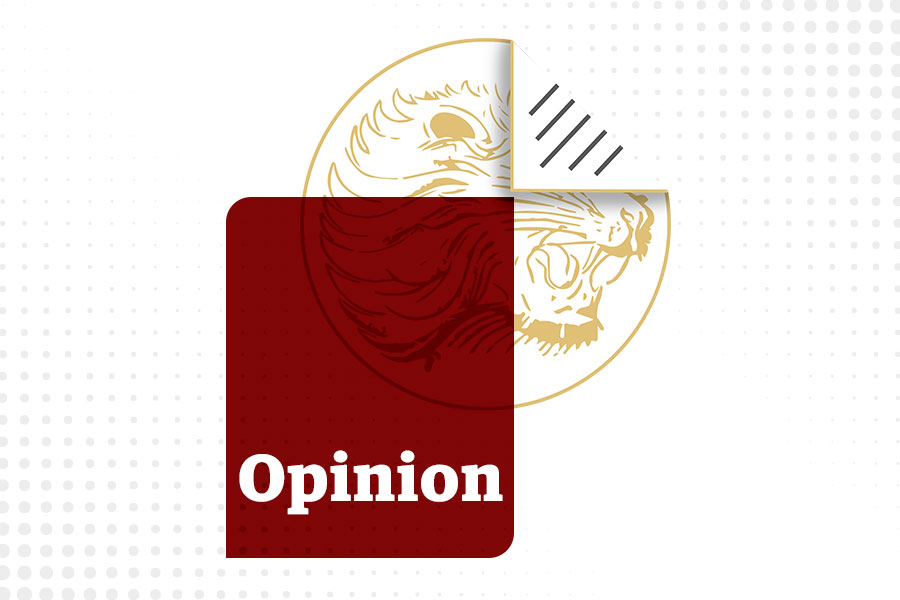
My Opinion | Apr 22,2023

My Opinion | Jan 30,2022
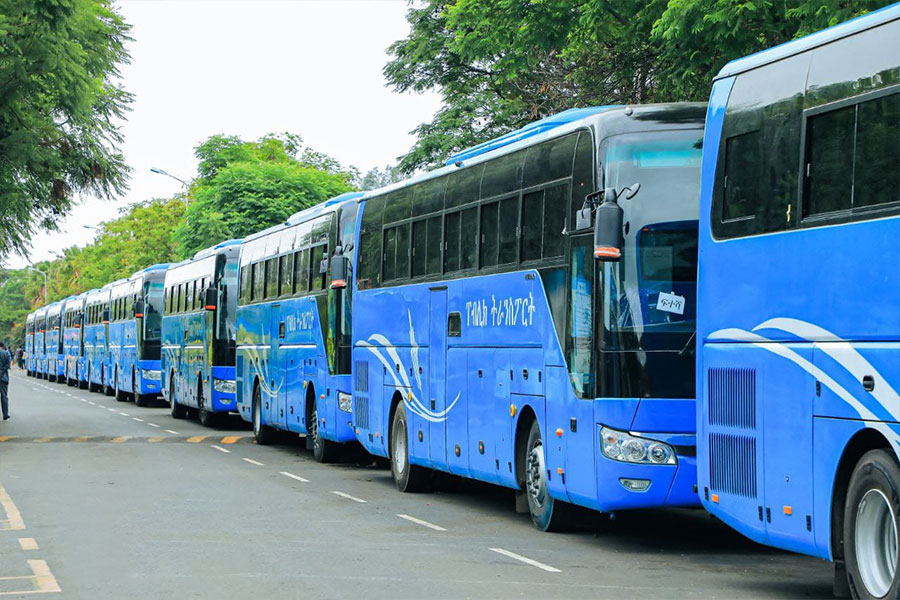
Fortune News | Aug 13,2022
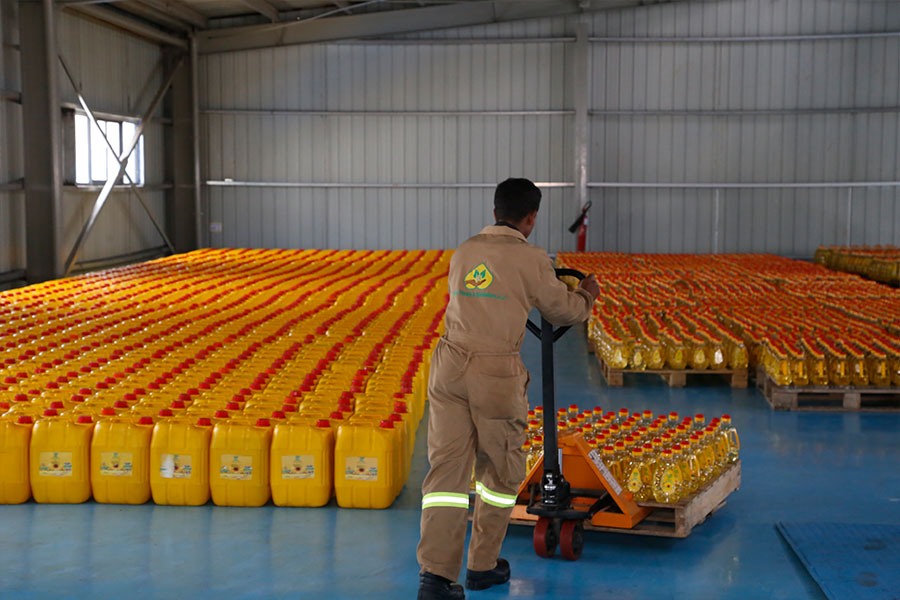
Fortune News | Jul 08,2023
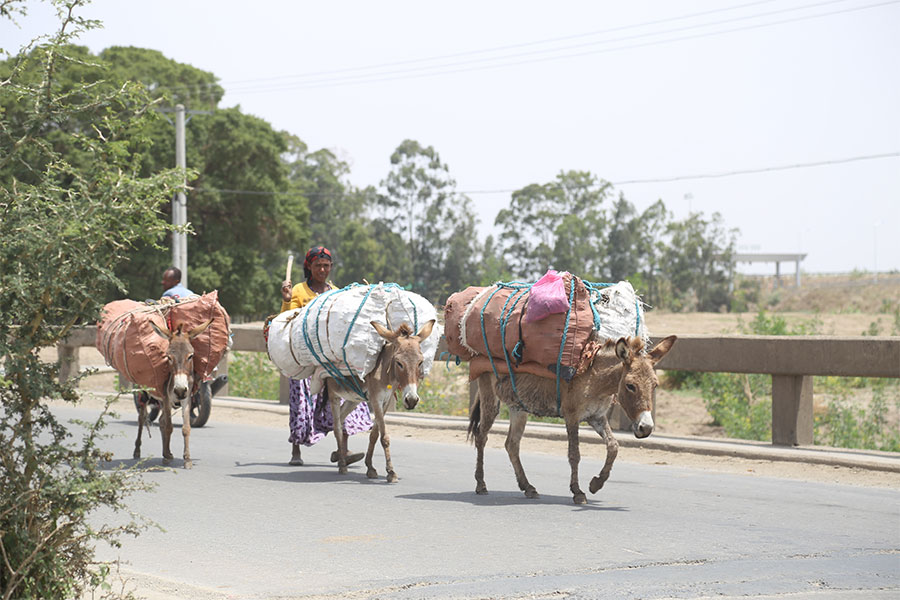
Radar | Jul 17,2022

Commentaries | Mar 02,2019
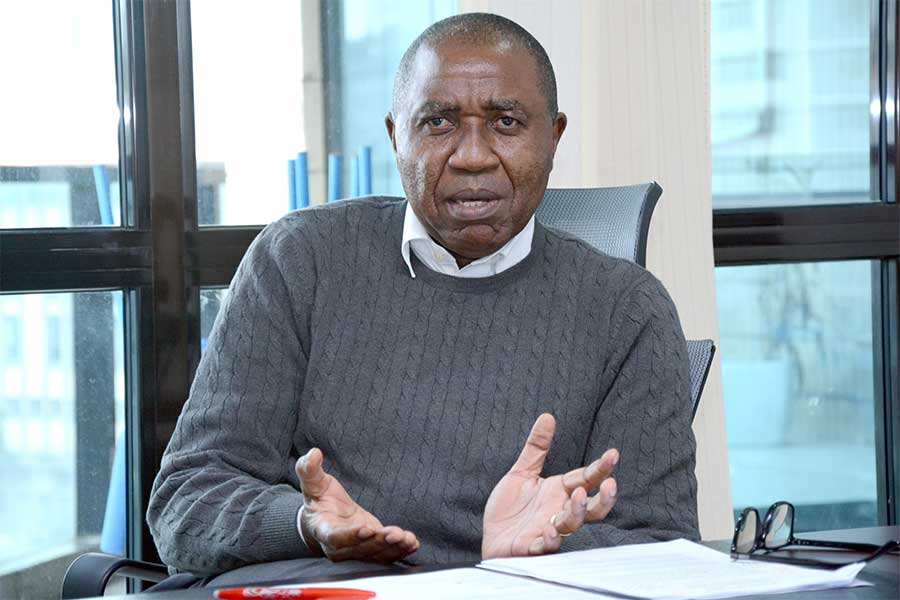
Sponsored Contents | Oct 08,2020

Life Matters | May 27,2023

Photo Gallery | 176542 Views | May 06,2019

Photo Gallery | 166755 Views | Apr 26,2019

Photo Gallery | 157288 Views | Oct 06,2021

My Opinion | 136920 Views | Aug 14,2021

Dec 22 , 2024 . By TIZITA SHEWAFERAW
Charged with transforming colossal state-owned enterprises into modern and competitiv...

Aug 18 , 2024 . By AKSAH ITALO
Although predictable Yonas Zerihun's job in the ride-hailing service is not immune to...

Jul 28 , 2024 . By TIZITA SHEWAFERAW
Unhabitual, perhaps too many, Samuel Gebreyohannes, 38, used to occasionally enjoy a couple of beers at breakfast. However, he recently swit...

Jul 13 , 2024 . By AKSAH ITALO
Investors who rely on tractors, trucks, and field vehicles for commuting, transporting commodities, and f...

Oct 18 , 2025
The political establishment, notably the ruling party and its top brass, has become p...

Oct 11 , 2025
Ladislas Farago, a roving Associated Press (AP) correspondent, arrived in Ethiopia in...

Oct 4 , 2025
Eyob Tekalegn (PhD) had been in the Governor's chair for only weeks when, on Septembe...

Sep 27 , 2025
Four years into an experiment with “shock therapy” in education, the national moo...

Oct 18 , 2025 . By NAHOM AYELE
In a sweeping reform that upends nearly a decade of uniform health insurance contribu...

A bill that could transform the nutritional state sits in a limbo, even as the countr...

Oct 18 , 2025 . By SURAFEL MULUGETA
A long-planned directive to curb carbon emissions from fossil-fuel-powered vehicles h...

Oct 18 , 2025 . By BEZAWIT HULUAGER
Transaction advisors working with companies that hold over a quarter of a billion Bir...